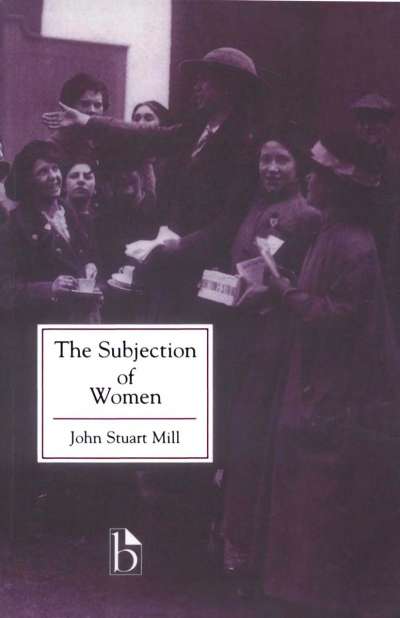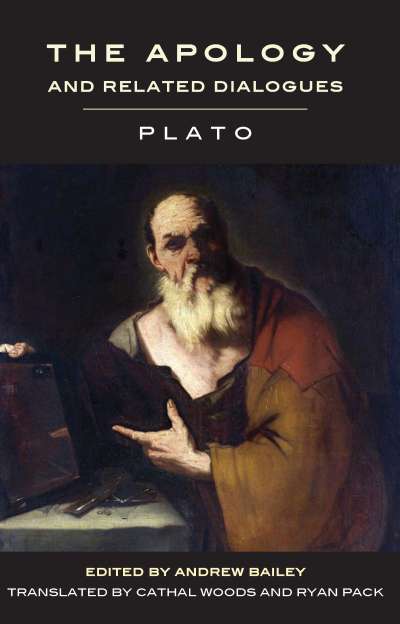Utilitarianism is a classic work of ethical theory, arguably the most persuasive and comprehensible presentation of this widely influential position. While he didn’t invent utilitarianism, John Stuart Mill offered its clearest expression and strongest defense, and he expanded the theory to account for the variety in quality that we find among pleasures and pains. The complete text of the 1871 edition is included, along with selections from Jeremy Bentham’s An Introduction to the Principles of Morals and Legislation. Andrew Bailey’s detailed introduction examines the context of Mill’s writing and offers guidelines on how to read the text accurately and critically.
Please note: Broadview offers two separate editions of Utilitarianism. The Heydt edition offers a substantial amount of appendix material, including excerpts from related works by Mill, precedents to Mill’s writing, and critical reactions to Utilitarianism, well-suited to an in-depth study of the text. The Bailey edition is shorter and slightly less expensive, and includes an introduction focused on Mill’s biography and contextual information for the student reader (as well as a single appendix from the writing of Jeremy Bentham).
Comments
“The world needs Mill’s vision as much as ever, and this fine student edition of one of his classic works should win a wide readership.” — Bart Schultz, University of Chicago
“Bailey’s introduction to this new edition of J.S. Mill’s acclaimed Utilitarianism is concise and elegant. It also succinctly highlights the significant charms of classical utilitarianism as well as the anxieties that continue to motivate its foes.” — D. Weinstein, Wake Forest University and Universität Oldenburg
“This is an especially valuable edition for introducing an eager student to Mill’s Utilitarianism. While the editor’s introduction is philosophically mature, and appropriately balances context, defense, and criticism, my highest praise of it is that I actually got goosebumps from the way in which Mill’s own voice explains his famous depression and recovery.” — Russell DiSilvestro, California State University Sacramento













